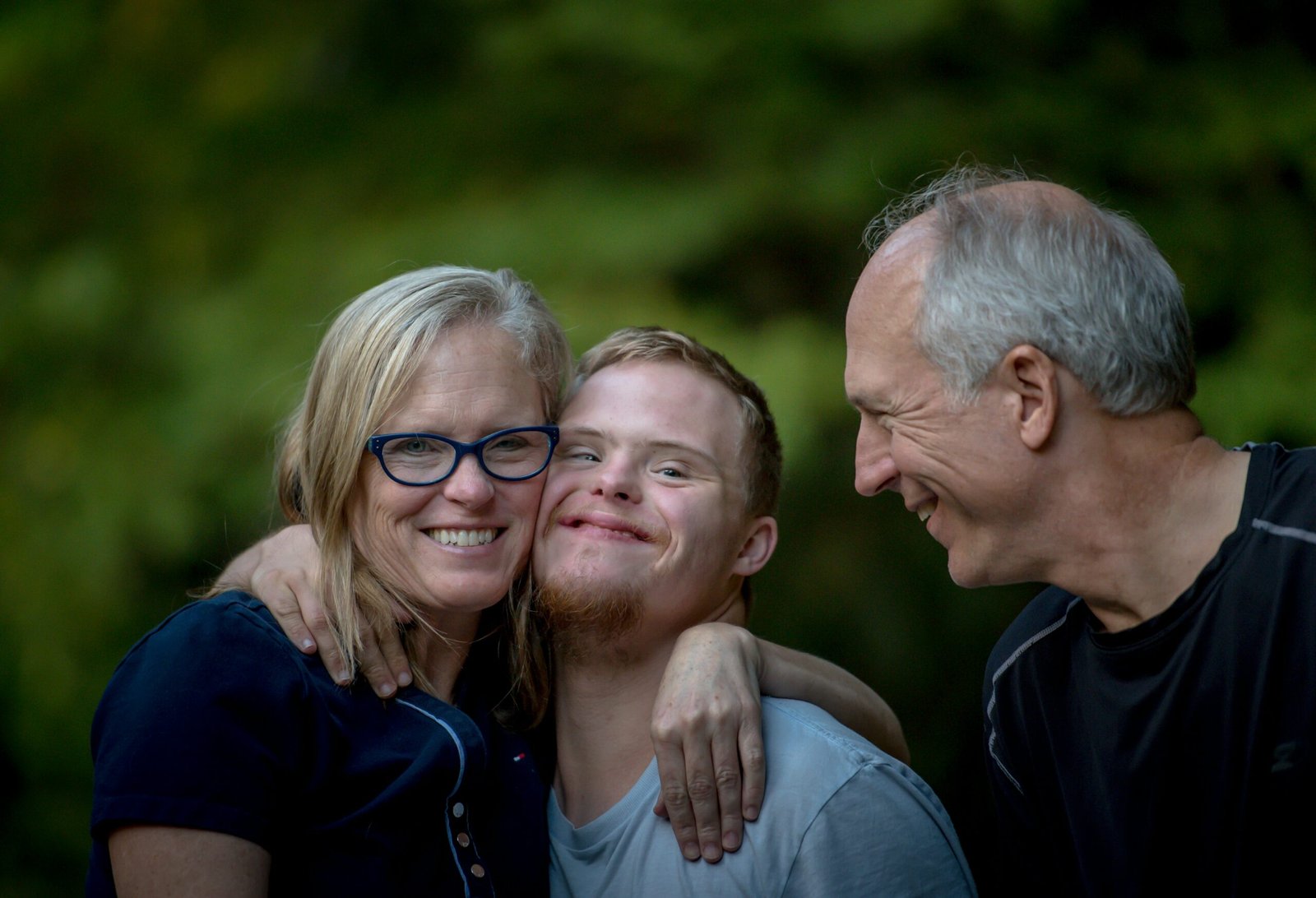The Heightened Vulnerability of People with Disabilities to Sexual Abuse and Exploitation
Sexuality is a fundamental aspect of human life, and individuals with disabilities have the same rights and desires as anyone else to express their sexuality. However, it is important to acknowledge that people with disabilities often face unique challenges and heightened vulnerability when it comes to sexual abuse and exploitation. In this post, we will discuss the reasons behind this vulnerability and advocate for comprehensive prevention and support services.
Understanding the Factors Contributing to Vulnerability
There are several factors that contribute to the increased vulnerability of people with disabilities to sexual abuse and exploitation:
1. Power Imbalance and Dependence
Many individuals with disabilities rely on others for their daily care and support. This dependence can create a power imbalance, making them more susceptible to manipulation and abuse, especially when the abuser is a caregiver or someone in a position of authority.
2. Communication Barriers
Communication barriers can make it difficult for individuals with disabilities to express their feelings, needs, and concerns. This can make it harder for them to report abuse or seek help, leaving them more vulnerable to ongoing exploitation.
3. Lack of Education and Awareness
There is often a lack of education and awareness surrounding the sexual rights and needs of people with disabilities. This can lead to a lack of understanding and support from caregivers, service providers, and society as a whole, further exacerbating their vulnerability.
Advocating for Comprehensive Prevention and Support Services
It is crucial that we address the heightened vulnerability of people with disabilities to sexual abuse and exploitation by advocating for comprehensive prevention and support services. Here are some key steps that can be taken:
1. Education and Training
Education and training programs should be developed to increase awareness and understanding of the sexual rights and needs of people with disabilities. This should be targeted at caregivers, service providers, and the general public to promote a more inclusive and supportive environment.
2. Communication Support
Efforts should be made to provide individuals with disabilities the necessary tools and support to communicate their needs and concerns effectively. This can include assistive devices, alternative communication methods, and accessible information resources.
3. Empowerment and Self-Advocacy
Empowering individuals with disabilities to assert their rights and advocate for themselves is crucial. This can be achieved through self-advocacy training, support groups, and the promotion of disability rights organizations that provide guidance and support.
4. Comprehensive Reporting and Support Systems
It is essential to establish accessible and confidential reporting mechanisms for individuals with disabilities to report instances of abuse or exploitation. Additionally, comprehensive support services should be made available to survivors, including counseling, legal assistance, and medical support.
5. Collaboration and Partnerships
Addressing the issue of sexual abuse and exploitation of people with disabilities requires collaboration and partnerships between disability rights organizations, service providers, law enforcement agencies, and the broader community. By working together, we can create a more inclusive and protective society.
Conclusion
The heightened vulnerability of people with disabilities to sexual abuse and exploitation is a significant concern that requires urgent attention. By understanding the factors contributing to this vulnerability and advocating for comprehensive prevention and support services, we can work towards creating a safer and more inclusive society for all individuals, regardless of their abilities.

